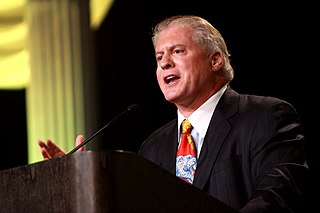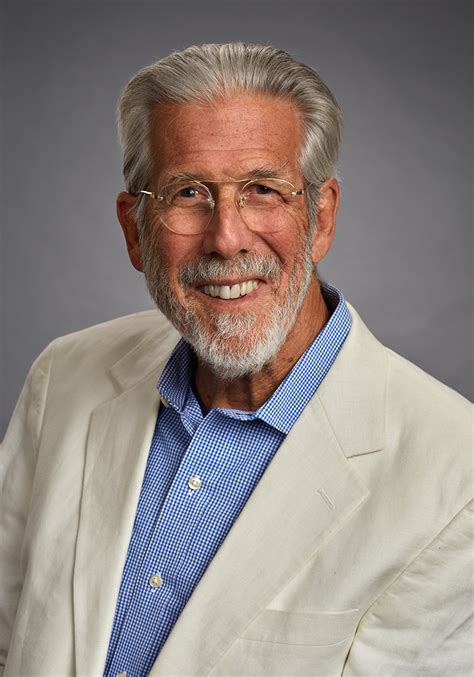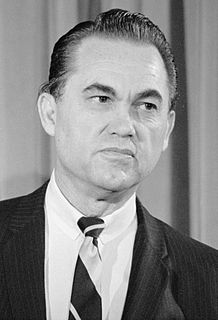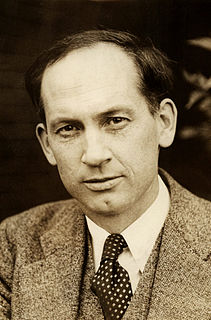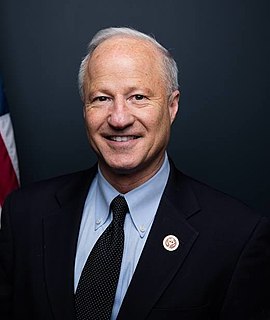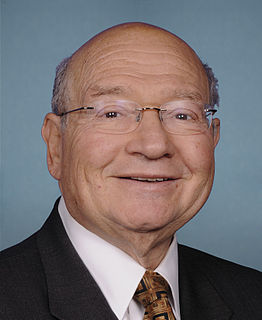A Quote by Adam Cohen
A federal Voters' Bill of Rights could press the states to put non-partisan managers in charge of elections.
Related Quotes
Abortion is a states' rights issue. Education is a states' right issue. Medicinal marijuana is a states' rights issue. Gay marraige is a states' rights issue. Assisted suicide- like Terri Schiavo- is a states' rights issue. Come to think of it, almost every issue is a states' rights issue. Let's get the federal government out of our lives.
You don't know who the next group is that's unpopular. The Bill of Rights isn't for the prom queen. The bill of rights isn't for the high school quarterback. The Bill of Rights is for the least among us. The Bill of Rights is for minorities. The Bill of Rights is for those who have minority opinions.
Germany doesn't have a Bill of Rights, England doesn't have a Bill of Rights, nobody else has a Bill of Rights. You know, the United States is very unique, and that is in the Bill of Rights and the fact that one third of the population is armed... nobody's armed in Canada, nobody's armed in England, nobody's armed in Germany, it's amazing, the United States is a really stand alone class act.
We passed the Voting Rights Act of Virginia, which restores and builds on key provisions of the 1965 federal Voting Rights Act that was gutted by the United States Supreme Court. Voting is fundamental to our democracy, and this legislation is a model for how states can ensure the integrity of elections and protect the sacred right to vote.
Thus these three amendments to the Constitution [13th, 14th, 15th] were ratified while the ten Southern states were under martial law, and "had no law at all." The Force Acts, the four Reconstruction Acts, and the Civil Rights Act were all passed by Congress while the Southern states were not allowed to hold free elections, and all voters were under close supervision by federal troops. Even Soviet Russia has never staged such mockeries of the election procedures.
The Second Amendment, like the rest of the Bill of Rights, was meant to inhibit only the federal government, not the states. The framers, as The Federalist Papers attest (see No. 28), saw the state militias as forces that might be summoned into action against the federal government itself, if it became tyrannical.
The full impact of printing did not become possible until the adoption of the Bill of Rights in the United States with its guarantee of freedom of the press. A guarantee of freedom of the press in print was intended to further sanctify the printed word and to provide a rigid bulwark for the shelter of vested interests.
Demographically, I'm a hippie from San Francisco and I'm not culturally inclined to be sympathetic to states' rights. My cultural heritage is FDR and Medicare and federal government solutions. But if you think through the analysis, strengthening state rights is a good corrective of the aggregation of an over-reaching federal power.
The Supreme Court had the choice not only which way to rule, pro- or anti-gay marriage rights, but also how they were going to rule. They could have ruled just federalism, saying, "This isn't a matter for federal; this isn't a federal issue at all. States should decide it." Or they could decide it on equal protection grounds and say that, "Gay discrimination is wrong."

